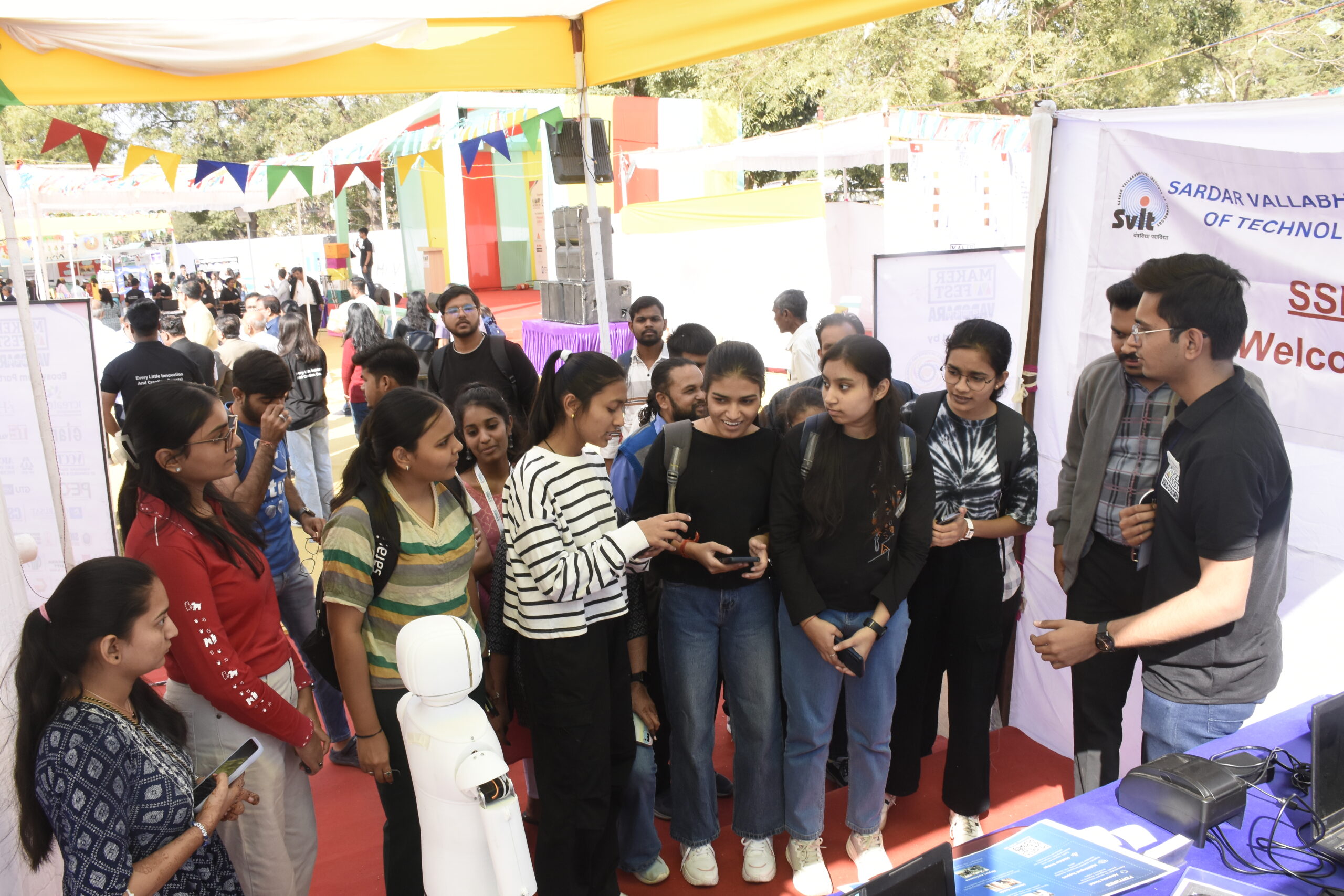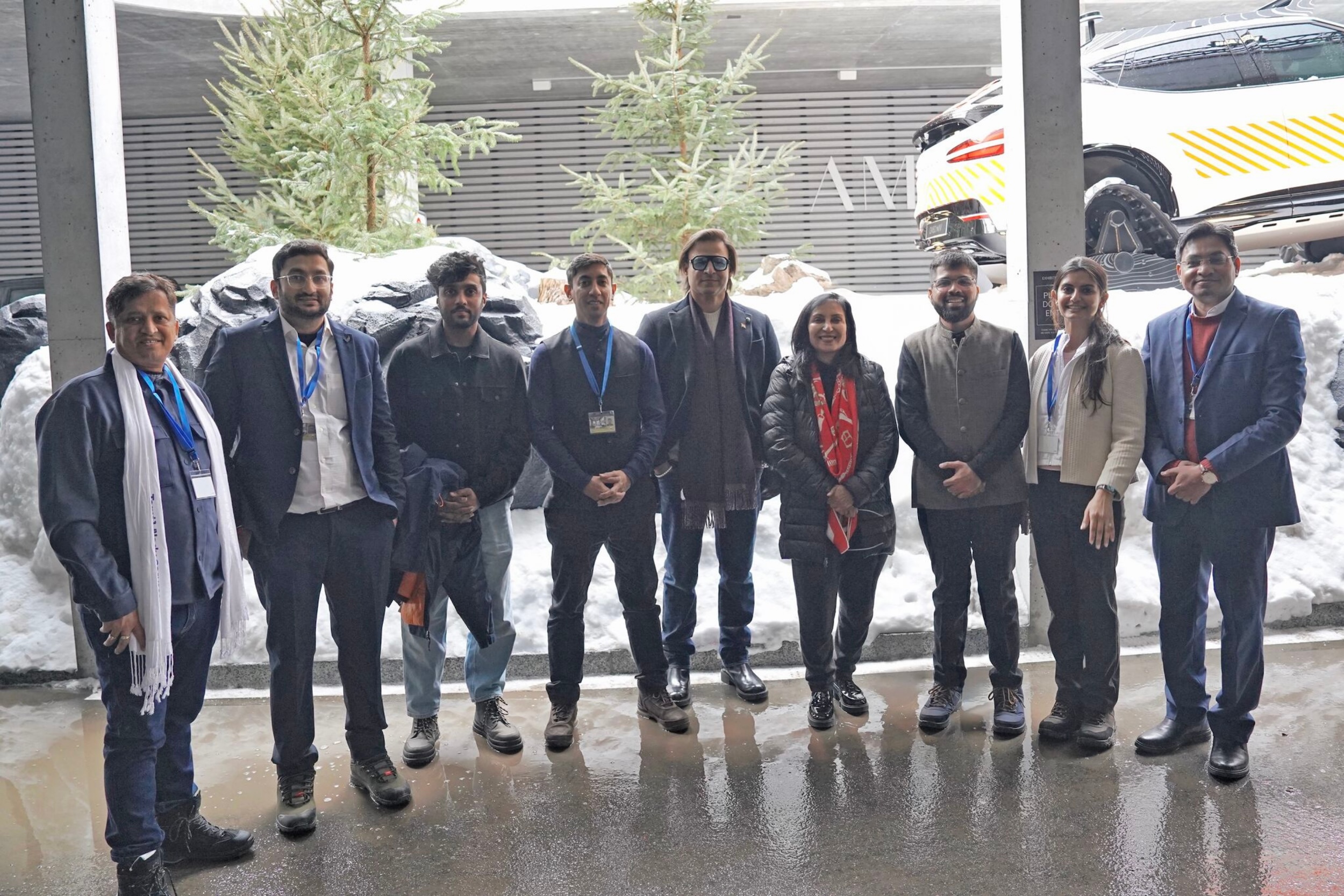India’s Strategic Security: Innovation, Partnerships, and Autonomy at the Forefront
The Motwani Jadeja Foundation supported the Stanford India Conference 2025, where a key panel titled “Geopolitics and Defense in the Changing World: India’s Role in Global Security” took place. The panel featured Asha Jadeja, founder of the Motwani Jadeja Foundation and a Silicon Valley-based entrepreneur and investor; Arzan Tarapore, Research Scholar at Stanford’s Center for International Security and Cooperation, specializing in Indian military strategy; and Professor Sumit Ganguly, Senior Fellow at the Hoover Institution and expert on U.S.-India relations. Together, they explored India’s evolving role in global security.
The Stanford India Conference 2025, organized by the Stanford India Policy and Economics Club (SIPEC), brought together experts from various fields to discuss “Geopolitics and Defense in the Changing World: India’s Role in Global Security.” The panel delved into the evolving dynamics of global power, with a particular focus on India’s place within these shifts and the growing importance of technological innovation in strengthening national security.
The conversation explored how India, as a rising economic and strategic force, is increasingly being drawn into global security frameworks while also navigating its non-alignment roots. A central theme of the discussion was the ongoing tectonic shifts in global power structures, with China’s rising influence posing significant challenges for India. While India has made substantial progress, particularly in terms of economic growth and military modernization, the widening gap between India and China, especially in the economic and military spheres, continues to be a significant challenge. At the same time, the country faces ongoing issues with Pakistan, which consistently captures India’s attention and resources, limiting its ability to influence broader regional dynamics.
“India’s technological growth is no longer a choice but a necessity for its security, and it is through innovation that India can ensure its defense capabilities keep pace with the world’s changing threats.”
– Asha Jadeja
The panel highlighted India’s evolving strategic posture, with discussions touching on the importance of regional partnerships and the need for India to bolster its naval capabilities in the face of China’s maritime expansion. Emphasis was placed on the potential of asymmetric strategies, particularly in the maritime domain, where India could leverage its naval assets to disrupt China’s critical trade routes. The discussion also brought attention to the broader geopolitical challenges, with particular focus on India’s relationship with the United States. As the US continues to prioritize countering China’s influence, India’s partnership with the US is seen as crucial, though there is a careful balancing act in retaining strategic autonomy while deepening these alliances.
The conversation also turned toward emerging forms of warfare, particularly cybersecurity and the growing role of artificial intelligence in defense. The panel agreed that traditional military power, while still relevant, is no longer sufficient in addressing the full range of security threats facing countries today. New challenges, such as cyberattacks and the manipulation of information, are becoming increasingly central to national defense strategies. In this context, India’s growing technology sector is viewed as a crucial component of its defense capabilities. It was noted that Indian-origin innovators in Silicon Valley and other tech hubs have a significant role to play in advancing cyber defense and AI technologies that can enhance India’s security.
The QUAD, the strategic alliance between India, the US, Japan, and Australia, was identified as one of the key mechanisms for regional security cooperation, though it was acknowledged that it still needs to move beyond diplomatic engagements into more concrete actions. There was consensus that the existing international security architecture is increasingly inadequate for the challenges of today’s world, particularly in the Indo-Pacific region, and that forums like the Quad have the potential to reshape the landscape if more focused and actionable steps are taken.
A major takeaway from the panel was the need for India to embrace innovation and new technologies to secure its future as a global leader. Discussions pointed to technological sovereignty as essential for India to maintain its competitive edge, especially as the world’s cybersecurity landscape becomes more complex. Partnerships with countries like the United States, Israel, and others under initiatives like I2U2 were recognized as valuable in advancing critical technologies, but it was also emphasized that these relationships must align with India’s national interests. India’s future in global security depends on its ability to build on its technological capabilities, regional alliances, and military modernization.
In conclusion, the panel reinforced that India’s trajectory toward becoming a key player in global security will rely heavily on its ability to balance innovation, strategic partnerships, and autonomous decision-making. The growing importance of technology in modern warfare presents both an opportunity and a challenge for India, but if leveraged correctly, it can position India as a dominant force in the years ahead.
Watch the panel here:



